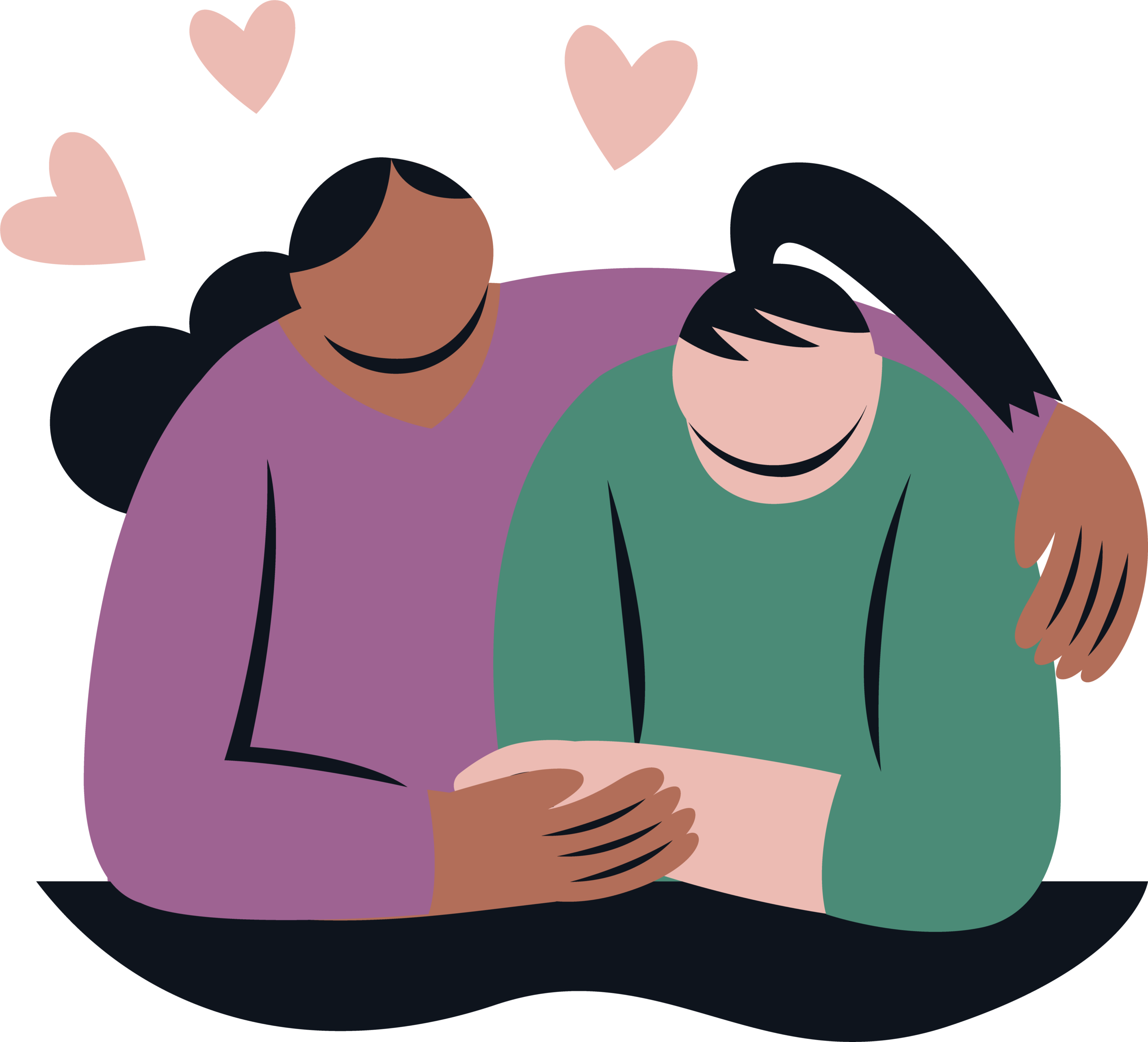
Can Empathy Be Bad? Make Your Empathy Helpful, Not Harmful

Empathy is a quality we all desire others to show to us. But you may wonder: Can empathy be bad? The answer may surprise you.
I’ve been told I’m a very empathetic person. I always considered that a strength.
But over time, my thoughts have changed. Yes, my empathy helps me to understand and relate to others, but it can also take a heavy toll. When others pour out their hearts to me, I take it all in.
Unable to turn off my feelings, I’m often left feeling emotionally drained.
It turns out, I’m not alone. Research shows that nurses who work with terminally ill patients run a high risk of developing compassion fatigue, a condition of physical and emotional depletion associated with caring for patients in “significant emotional pain and physical distress.” It’s easy for caregivers like these to focus on the needs of their patients at the expense of their own, putting them on a path to burnout.
Technology has also created problems for empathetic persons. For example, one series of studies revealed that people were experiencing high levels of stress due to their use of social media. The problem? As they became aware of friends’ various struggles, like the loss of a loved one or a stay in the hospital, their own stress levels increased.
The problem was that social media allowed these persons to learn about those stressful events more quickly and in close succession to each other.
“While the little sips of information sent through social media may not seem like much, they can add up to a big gulp,” stated researchers. “Awareness of undesirable events in others’ lives generates a cost in terms of increasing psychological stress, and with it, higher risk for the physical and psychological problems that often accompany stress.”
We often compare empathy to a muscle. Used in the right way, it can allow you to “lift” others up and even help carry their burdens. But like any muscle, it can become overworked.
The key, then, is to develop emotionally intelligent empathy—balanced empathy that works for you, instead of against you.
Here are a few ways you can exercise your empathy muscle in a way that helps, not harms.
At work
If your job involves being around others much of the day, you may quickly find yourself emotionally exhausted.
To combat this, schedule “buffer time” between meetings or time with others. Take shorter, more frequent breaks that allow you to recharge your emotional batteries.
At home
Learn to set boundaries, and to communicate those boundaries.
If you feel yourself reaching a limit, let your spouse or family members know that you need some time to yourself. Tell them that you’re looking forward to spending time together, but that mentally and emotionally, you’ll be in a much better place after your alone time.
At play
Recreation should be a way to refresh and recover. But if you’re not careful, it could end up doing the opposite.
If you find yourself especially exhausted after spending time with others, consider changing things up. If a certain friend is draining your energy, it doesn’t mean you have to completely avoid them…You may simply need longer breaks between getting together.
Your empathy muscle can be a major source of strength—but only if you don’t work it to the point of breakdown.
So, work to understand your own emotional needs, and take action to support those needs.
If you do, your empathy will be working for you, instead of against you.


































